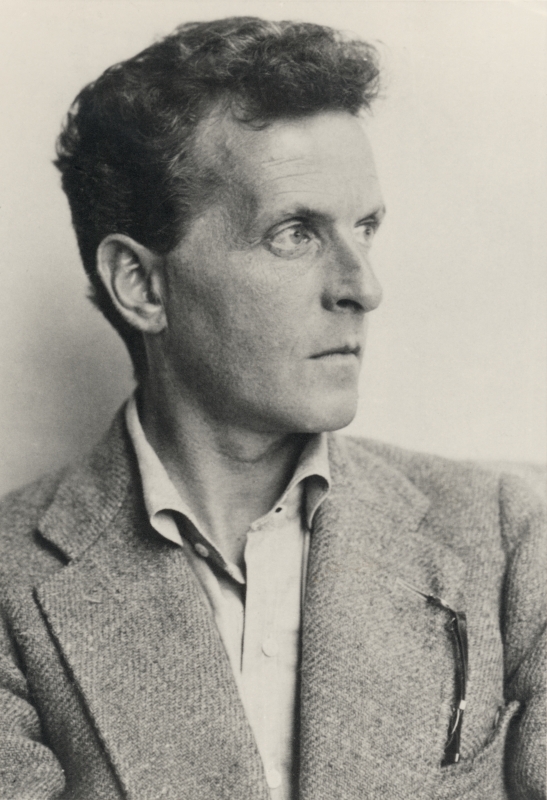Ludwig Wittgenstein nejznámější citáty
Ludwig Wittgenstein citáty a výroky
„Řešení problému života pozorujeme na tom, že tento problém zmizí.“
Tractatus Logico-Philosophicus
Zdroj: Konrad Paul Liessmann: Teorie nevzdělanosti, Academia 2009
„Člověk se musí probudit k údivu – a národy možná také. Věda je způsob, jak je zase poslat spát.“
Wittgenstein Culture and value, str. 5.
Ludwig Wittgenstein: Citáty anglicky
“The sole remaining task for philosophy is the analysis of language.”
Though this has been quoted extensively as if it were a statement of Wittgenstein, it was apparently first published in A Brief History of Time (1988) by Stephen Hawking, p. 175, where it is presented in quotation marks and thus easily interpreted to be a quotation, but could conceivably be Hawking paraphrasing or giving his own particular summation of Wittgenstein's ideas, as there seem to be no published sources of such a statement prior to this one. The full remark by Hawking reads:
: Philosophers reduced the scope of their inquiries so much that Wittgenstein, the most famous philosopher of this century, said, “The sole remaining task for philosophy is the analysis of language.” What a comedown from the great tradition of philosophy from Aristotle to Kant!
Disputed
“If you use a trick in logic, whom can you be tricking other than yourself?”
Zdroj: Culture and Value (1980), p. 24e
“If we spoke a different language, we would perceive a somewhat different world.”
This actually first appears in Recent Experiments in Psychology (1950) by Leland Whitney Crafts, Théodore Christian Schneirla, and Elsa Elizabeth Robinson, where it is expressed:
: If we used a different vocabulary or if we spoke a different language, we would perceive a somewhat different world.
Randy Allen Harris, in Rhetoric and Incommensurability (2005), p. 35, and an endnote on p. 138 indicates the misattribution seems to have originated in a misreading of quotes in Patterns Of Discovery: An Inquiry Into The Conceptual Foundations of Science (1958) by Norwood Russell Hanson, where an actual quotation of WIttgenstein on p. 184 is followed by one from the book on psychology.
Misattributed
Philosophical Remarks (1930), Part I (1)
1930s-1951
On his Tractatus Logico-Philosophicus, in a letter to Ludwig von Ficker (1919), published in Wittgenstein : Sources and Perspectives (1979) by C. Grant Luckhard
1910s
Zdroj: Culture and Value (1980), p. 53e
Notes of 1919, as quoted in Ludwig Wittgenstein : The Duty of Genius (1990) by Ray Monk
1910s
“The human body is the best picture of the human soul.”
Pt II, p. 178
Philosophical Investigations (1953)
“I squander untold effort making an arrangement of my thoughts that may have no value whatever.”
Zdroj: Culture and Value (1980), p. 33e
that does not occur to them.
Zdroj: Culture and Value (1980), p. 36e
Zdroj: 1930s-1951, Philosophical Occasions 1912-1951 (1993), Ch. 7 : Remarks on Frazer's Golden Bough, p. 123
Zdroj: 1930s-1951, The Blue Book (c. 1931–1935; published 1965), p. 25
Writing about the eventual outcome of World War I, in which he was a volunteer in the Austro-Hungarian army (25 October 1914), as quoted in The First World War (2004) by Martin Gilbert, p. 104
1910s
Zdroj: Culture and Value (1980), p. 43e
“What should we gain by a definition, as it can only lead us to other undefined terms?”
Zdroj: 1930s-1951, The Blue Book (c. 1931–1935; published 1965), p. 26

